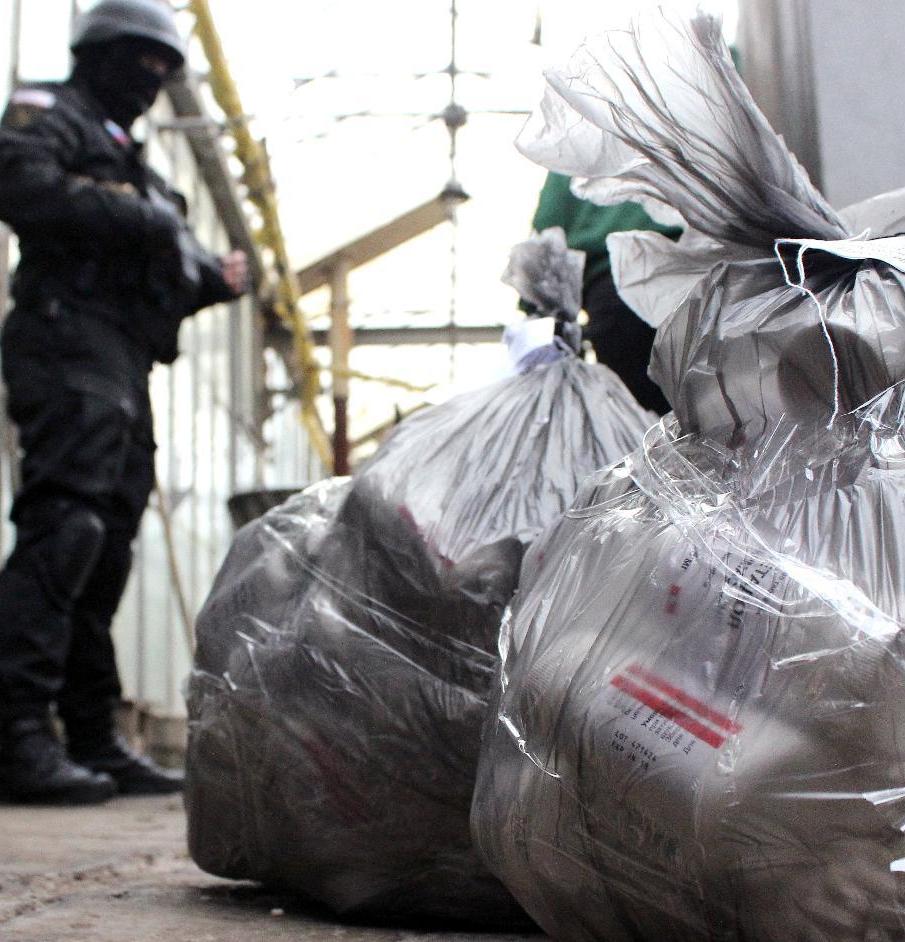AIDS crisis brewing in Crimea and east Ukraine, says UN
A lethal health crisis is brewing in Russian-annexed Crimea and war-torn eastern Ukraine, where injecting drug users have lost access to therapy to wean them off heroin, the UN’s AIDS envoy said Wednesday. Lack of the therapy not only endangers addicts, who turn to dangerous street drugs to feed their craving, but also fuels one of the world’s fast-growing HIV epidemics, said Michel Kazatchkine, Ban’s special envoy for AIDS in Eastern Europe and Central Asia. Out of 805 people in Crimea who before annexation were receiving opioid substitution therapy (OST) - a tried and tested UN-backed treatment - “between 80 and 100” have now died, Kazatchkine told journalists.
The causes of death, from what we have been hearing, are mainly from suicide and overdose.
UN AIDS envoy Michel Kazatchkine
OST entails providing addicts, under supervision by support staff, with methadone, a safer substitute for heroin, and buprenorphine, a drug used to ease dependence. Endorsed by the World Health Organization (WHO), OST is considered by experts to be an exceptional help in easing heroin addiction — a spiral that typically leads to shared syringes and prostitution and thus fuels the spread of HIV. Under Ukrainian rule, Crimea provided drug users with OST. But the treatment is banned under Russian law, which prevailed after Moscow annexed the territory last March.

Health